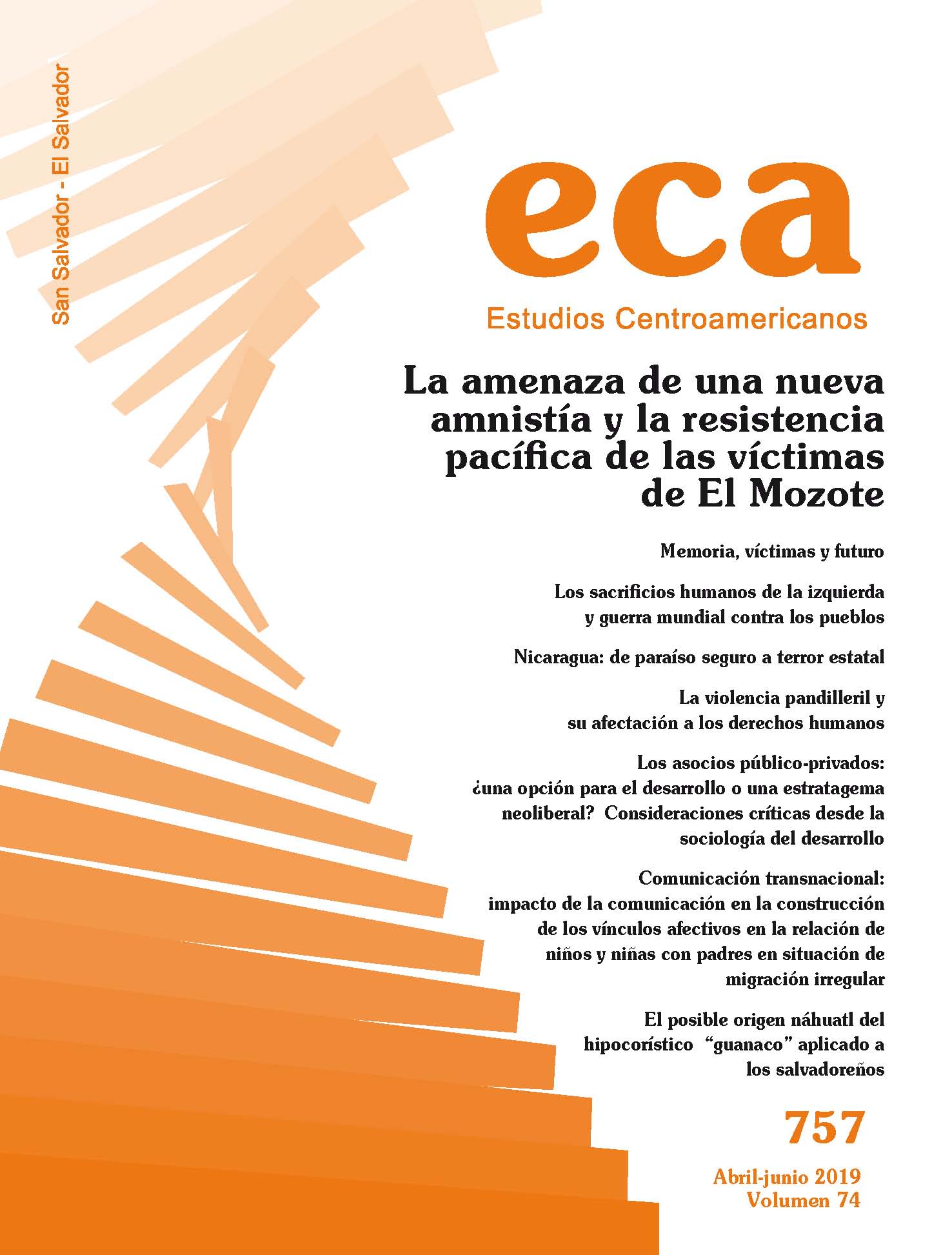Abstract
For the past fifty years or so, Salvadoran people have come to accept the hypocoristic “guanaco”, currently used by Central Americans and people from other latitudes to refer to Salvadorans, as their own. Because of its unofficial character, there has been a variety of conjectures about the history and etymology of the word. In this paper, the author carries out a diachronic study of the word, consulting primary sources to test the validity of the most well-known hypotheses about its origin, such as “wanaku” (Lama guanicoe), “cuanacastli” (Enterolobium cyclocarpum) and “guanahico” (native from Guanahani—San Salvador—Island ). The paper shows that the term was not originally used to refer to Salvadorans exclusively, but to anyone born outside Guatemala City. Its reference to Salvadorans became more generalized from the second half of the XX Century on, especially after the 1969 El Salvador- Honduras War. Finally, the author, based on colonial and postcolonial texts, proposes a new hypothesis that considers “guanaco” as a word of Nahuatl origin.
ECA Estudios Centroamericanos, Vol. 74, No. 757, 2019: 283-304.

This work is licensed under a Creative Commons Attribution-NonCommercial-NoDerivatives 4.0 International License.





